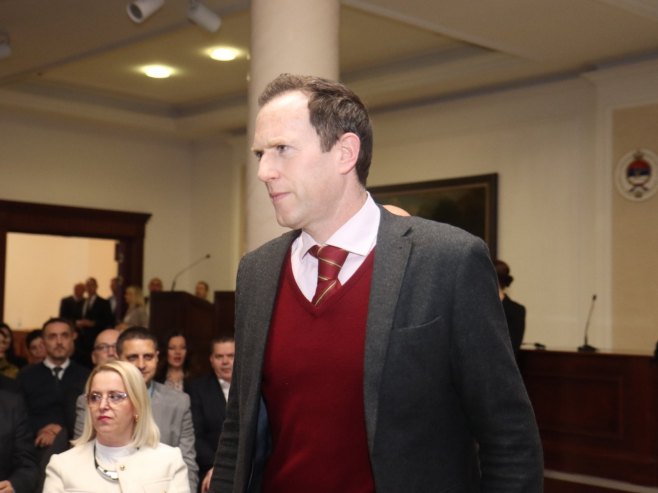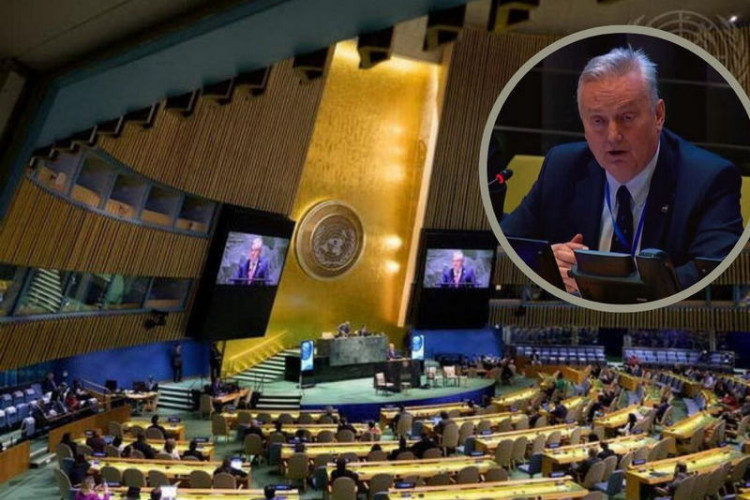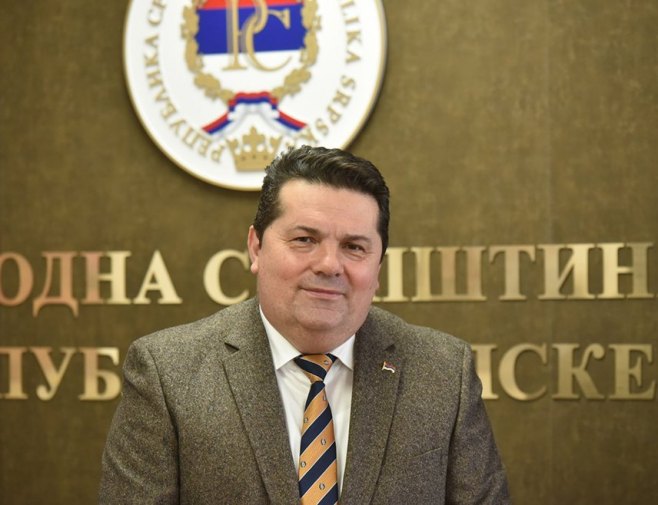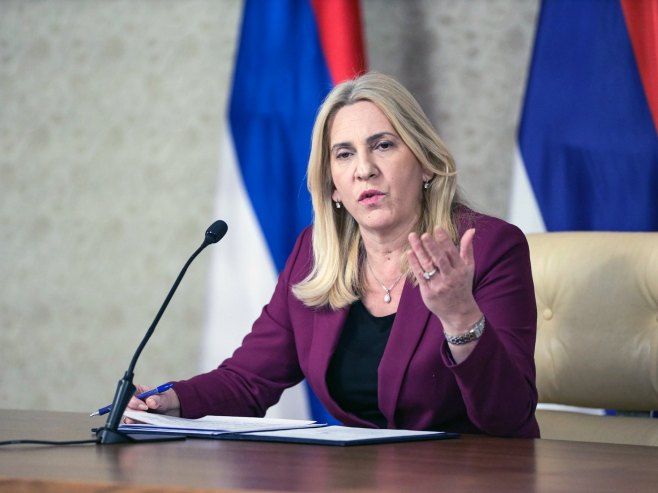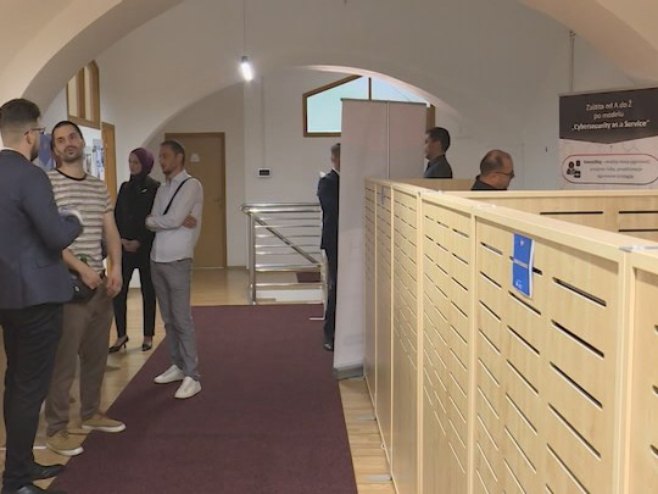Donald Trump’s indifference toward the situation in Bosnia and Herzegovina (BiH) could create a vacuum that allows Serbs and Republika Srpska to seek greater autonomy without fear of reprisal from Washington, said Timothy Less, a leading researcher at the Centre for Geopolitics at the University of Cambridge, in a statement to Srna.
Less explained that it is unclear how Trump’s officials and diplomats might respond, but he suggested that if someone were to brief Trump on the situation in BiH, “he would not empathize with the national goals of the Serbs.”
“On the other hand, the U.S. administration could remain committed to its current policy of opposing any fundamental changes in BiH, particularly if such moves anger Bosniaks and increase the risk of new instability,” Less remarked.
Limited U.S. interest in BiH
Less emphasized that he does not foresee significant changes in U.S. policy toward BiH, noting Trump’s lack of interest in the region due to the absence of U.S. forces and China’s limited influence there.
“It is unlikely that Trump will support Serbs in their pursuit of greater autonomy. However, the reverse is also true—his disinterest will create a power vacuum in which Serbs can pursue greater autonomy without fear of punishment,” he added.
Sanctions and U.S. policy shifts
Regarding recent U.S. sanctions, Less characterized them as a final attempt by the administration of former President Joseph Biden to “slap the Serbs one more time” before leaving the White House. He likened this to the sanctions imposed on Republika Srpska President Milorad Dodik by the Obama administration in its final days in January 2017.
“I don’t see much prospect for the removal of sanctions against officials in Republika Srpska, as Trump’s administration does not attach significant importance to any of them. However, it could happen if Serbia requests that the U.S. lift sanctions against Mr. Dodik and others, although nothing is certain,” Less concluded.
Source: RTRS



